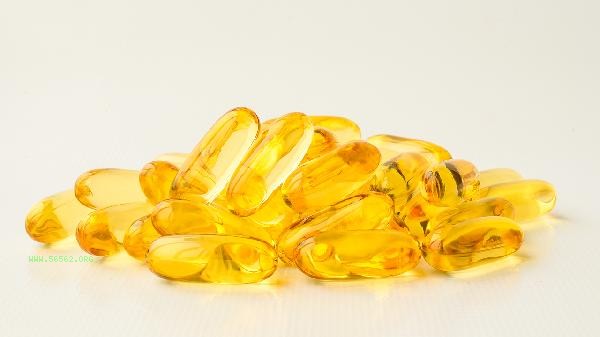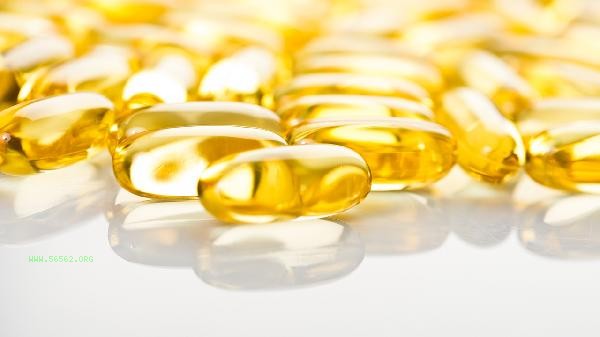Moderate supplementation of vitamin C for fitness enthusiasts can help improve exercise performance and promote recovery, but excessive intake may cause gastrointestinal discomfort. The effects of vitamin C on fitness enthusiasts mainly include antioxidant activity, promotion of collagen synthesis, improvement of iron absorption, enhancement of immunity, potential gastrointestinal irritation, etc.

1. Antioxidant effect
High intensity training produces a large amount of free radicals, and vitamin C, as a powerful antioxidant, can neutralize free radicals and reduce oxidative stress damage to muscle cells. This helps to delay exercise-induced fatigue and accelerate the recovery process after training, especially for endurance sports populations.
2. Collagen synthesis
Vitamin C is an essential cofactor for the synthesis of collagen, which can maintain the strength of tendons and ligaments. supplementing vitamin C to individuals undergoing regular strength training can reduce the risk of soft tissue injury, promote post exercise micro injury repair, and have a protective effect on joint health.
3. Improve iron absorption
Vitamin C can convert trivalent iron into more easily absorbable divalent iron, preventing sports anemia. Female fitness enthusiasts and vegetarian fitness enthusiasts are more prone to iron deficiency, and supplementing vitamin C with an iron rich diet is more effective.

4. Enhancing immunity
After high-intensity training, there will be an immune window period, during which vitamin C promotes white blood cell function and interferon production, reducing the probability of upper respiratory tract infections. The effect of supplementing vitamin C after endurance exercise such as marathon is particularly significant.
5. Potential gastrointestinal irritation
A single intake of more than 1000 milligrams of vitamin C may cause discomfort such as diarrhea and heartburn. When supplementing on an empty stomach, the stimulation is stronger. It is recommended that fitness enthusiasts supplement in portions or take with meals. Those with a history of gastric ulcers should carefully control their intake. The daily vitamin C requirement for fitness enthusiasts is 100-200 milligrams, which can be obtained through natural foods such as citrus fruits, broccoli, and bell peppers. If supplements are needed, it is recommended to choose sustained-release formulations and avoid taking them together with creatine. Long term excessive supplementation may interfere with copper absorption and increase the risk of kidney stones, and the effect of supplementation after training is better than before training. Combined with vitamin E supplementation, it can enhance antioxidant effects, but high-dose supplementation should be stopped two weeks before surgery to prevent affecting coagulation function.




Comments (0)
Leave a Comment
No comments yet
Be the first to share your thoughts!